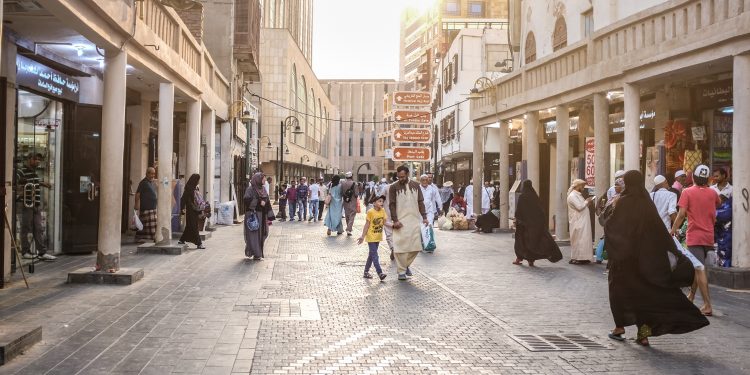Saudi Arabia is undergoing a remarkable economic metamorphosis, moving away from its traditional reliance on oil towards a more diverse and competitive economy. Key to this transformation are the sweeping reforms in the capital markets that are inviting greater foreign investment and fostering economic growth.
In a move that has drawn international acclaim, Saudi Arabia has abolished the cap on foreign ownership in its companies, raising it from 20 percent to full ownership. This pivotal change serves as a beacon to the global investing community, showcasing the Kingdom’s readiness to integrate with the international business environment. The anticipated influx of foreign capital is poised to significantly boost the Saudi economy.
To complement increased investor access, Saudi authorities are prioritizing transparency and accountability. A series of corporate governance reforms have been implemented, requiring listed entities to provide more comprehensive disclosures, appoint independent directors, and bolster internal controls. This has led to heightened trust and a stronger allure for both domestic and international investors.
The Kingdom has also established a dedicated exchange for sukuk, Islamic bonds, simplifying the process for organizations to secure funds via Islamic finance. This initiative is another strategic step in enhancing Saudi Arabia’s attractiveness to a wider investor pool.
At the forefront of integrating global finance with Saudi Arabia’s economic advancements, Bloomberg empowers its clientele with essential tools and insights for thriving within the Kingdom’s dynamic capital markets.
Saudi Arabia’s capital markets have shown remarkable resilience and growth. In 2022, while other countries saw a downturn in listings, Saudi Arabia went against the grain with nearly 50 new listings and over $10.7 billion raised. The trend is set to continue with a healthy lineup of companies preparing to enter the market. Moreover, foreign investments in Saudi stocks have surged, reflecting a surge of international confidence in the market.
Beyond equities, Saudi Arabia’s debt capital markets are also on the rise. The nation is keen on creating diverse investment opportunities, as evidenced by allowing international banks to engage in local currency government bond dealings. This reflects a commitment to a versatile and thriving financial market.
Moreover, the Saudi government is fostering its fintech sector, recognizing the transformative power of technology in finance. By supporting fintech startups and establishing a favorable regulatory landscape, Saudi Arabia is positioning itself at the vanguard of financial innovation.
Advancing sustainable development and green capital markets is also a priority, as demonstrated by a recent collaboration between various governmental bodies. The goal is to develop unique sustainability criteria for the Saudi market and a national ESG disclosure framework for the financial sector.
Since 2015, the evolution of Saudi Arabia’s financial landscape has been substantial. Liberalization, post-trade enhancements, and the rise of institutional trading have all played a role. While certain challenges such as liquidity and the need for specialist fund administrators persist, the direction is clear and the market’s performance has been notably strong compared to other emerging markets.
As Saudi Arabia forges ahead with its economic diversification and capital market growth, Bloomberg remains a steadfast partner, collaborating with key financial stakeholders to support the nation’s ascent as a formidable global financial hub.


